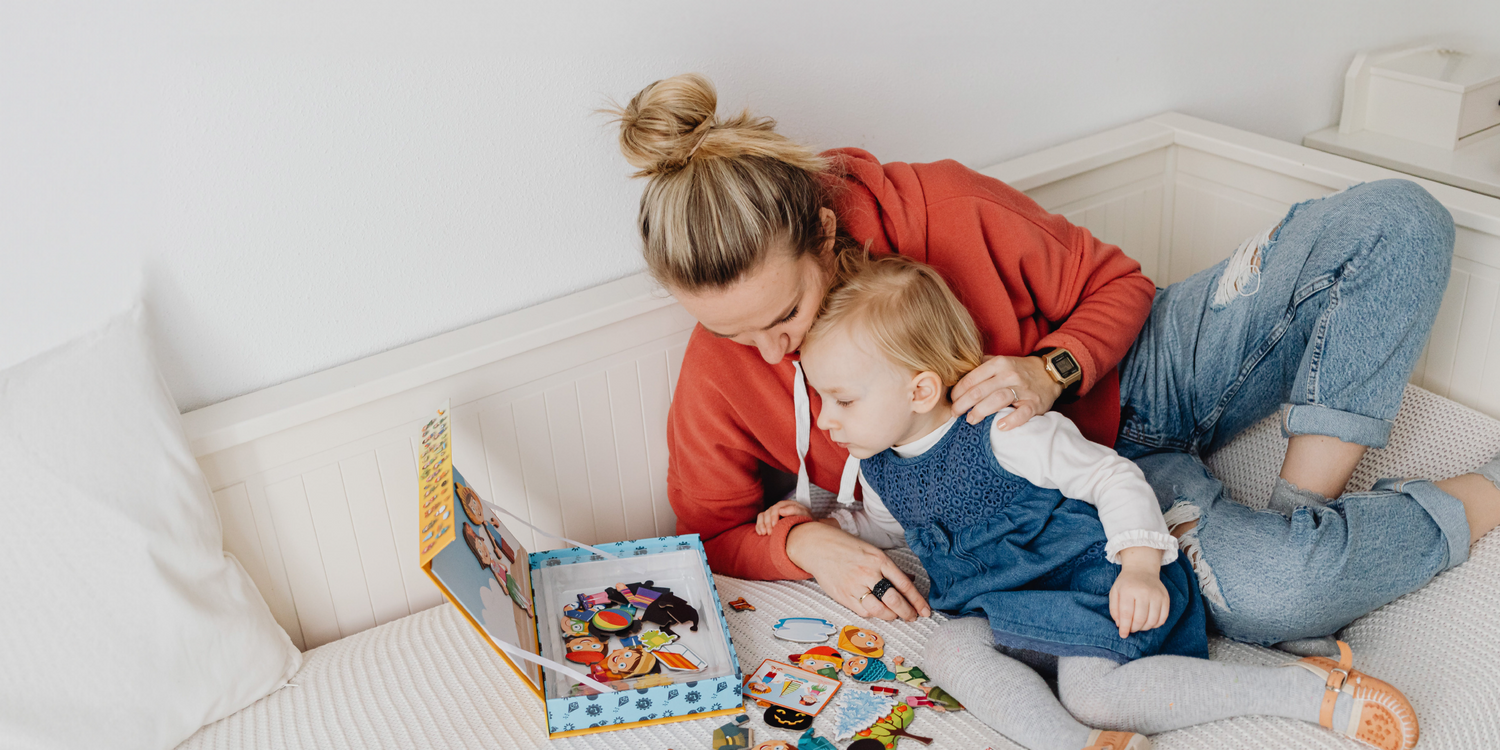Going through a medical procedure can be a challenging experience for anyone, but when it comes to toddlers, the situation becomes even more complex. Young children may find medical procedures scary or confusing, and it can be difficult for parents to know how to prepare and support them during this time.
If you're facing a medical procedure with your toddler, here are some tips to help you navigate the process and provide support for your child:

Open Communication:
Start by explaining the procedure in simple, age-appropriate terms. Use familiar objects or toys to illustrate what might happen. Reassure your child that you'll be there to support them throughout the process.
Provide a Sense of Control:
Feeling in control can reduce anxiety for toddlers. Allow your child to have choices whenever possible. For example, let them choose which stuffed animal to bring or what colour bandage they prefer. This can help them feel empowered and more at ease with the situation.
Positive Reinforcement:
Encourage bravery and acknowledge their feelings. Offer rewards or small incentives for their cooperation and bravery during the procedure, such as stickers, a favourite toy, or a special treat.
Familiarise with Medical Equipment:

If possible, visit the medical facility beforehand so that your child becomes familiar with the surroundings. Let them explore the waiting room, play with the toys, and meet the staff. You can also introduce medical equipment through play or stories. Use toy medical kits to familiarise your toddler with stethoscopes, bandages, or syringes, making the tools less intimidating.
Role-playing:

Pretend play can help your child understand the procedure. Act out the scenario with their toys or role-play as the doctor and patient. This can alleviate fear by creating a sense of control and familiarity.
Distraction Techniques:
Distractions can be helpful during the procedure to shift your toddler's focus away from any discomfort or anxiety. Bring their favourite toy, book, or music to keep them engaged. Some medical facilities even offer distraction techniques, such as virtual reality goggles or bubbles, to help kids during procedures. Singing a favourite song or engaging in a game can help ease anxiety.
Comfort Items:

Bring along a comfort item like a blanket, stuffed toy, or special pillow to provide familiarity and comfort during the procedure.
Supportive Presence:

Your presence and comfort are crucial for your child during the procedure. Hold their hand, speak to them in a soothing voice, and stay calm yourself. Let them know that everything will be okay, and that you are there for them every step of the way. Reassurance from a trusted caregiver can make a huge difference in helping a toddler cope with the procedure.
Follow Post-Procedure Care:
After the procedure, follow any post-procedure care instructions provided by the medical staff diligently. This may include administering medication, changing dressings, or attending follow-up appointments. Maintaining a routine and providing comfort during the recovery process will help your child feel secure and supported
Discuss Post-procedure Rewards:
Plan a special treat or activity after the procedure as a positive association, such as a visit to the park, a favourite meal, or a movie night.
BodyICE Kids Ice & Heat Packs:

As part of your preparation toolkit, consider using our BodyICE Kids Ice & Heat Packs. Specifically designed for children, these packs offer a soothing solution to help manage post-procedure discomfort. The fun and friendly designs make them appealing to toddlers, providing a comforting and distraction-worthy tool for parents.
Preparing a toddler for a medical procedure requires patience, understanding, and support. By employing these tips, parents can help alleviate anxiety and create a more positive experience for their child. Remember, each child is unique, so tailor these strategies to suit your toddler's temperament and needs. Your reassuring presence and proactive approach play a pivotal role in easing their apprehensions and building resilience for future medical experiences.





Leave a comment
All comments are moderated before being published.
This site is protected by hCaptcha and the hCaptcha Privacy Policy and Terms of Service apply.